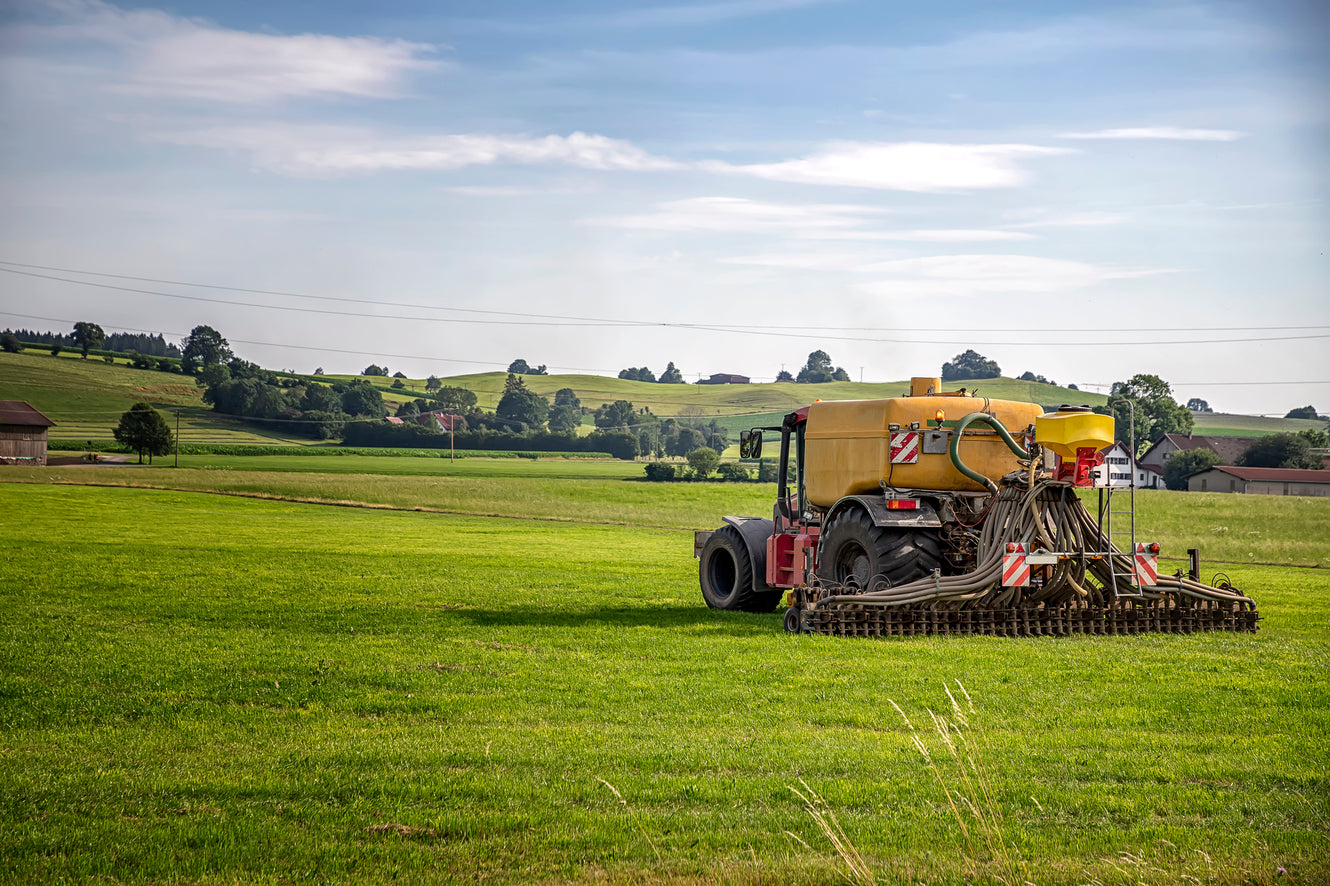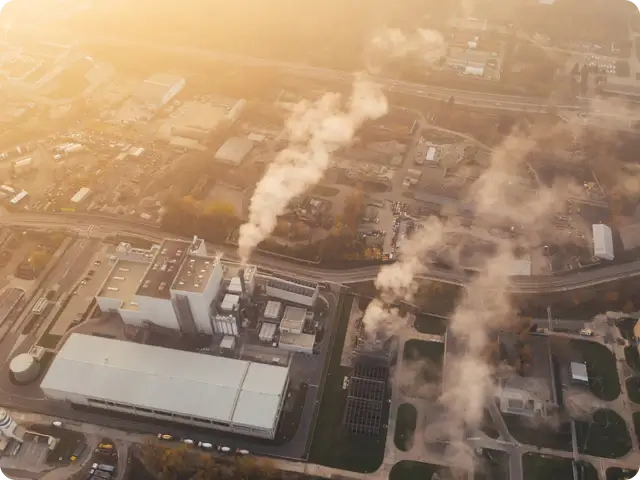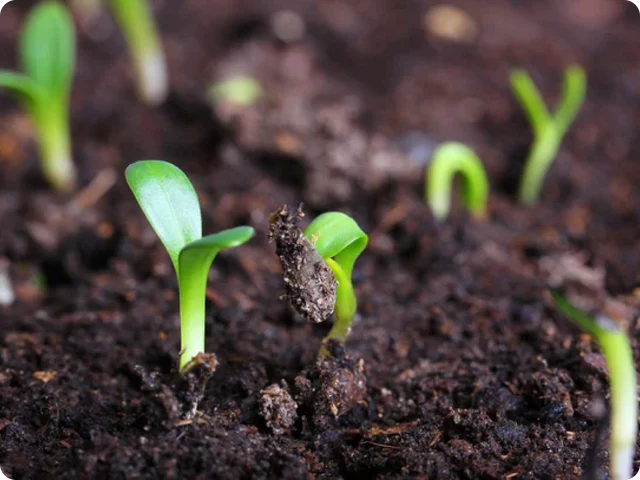In the realm of sustainable agriculture, farmers are continually seeking innovative methods to enhance soil health and boost crop productivity. One such revolutionary practice gaining traction in recent times is the use of "Supersoil" in slurry applications. This groundbreaking approach has shown remarkable benefits, empowering farmers to cultivate healthier crops, minimise environmental impacts and improve overall agricultural sustainability. In this article, we will explore the numerous advantages of incorporating Supersoil into slurry for farmers.
What is Supersoil?
Supersoil is an engineered blend of organic materials that is meticulously designed to optimise soil health and fertility. It typically consists of compost, organic matter, beneficial microbes and other essential nutrients. The magic of Supersoil lies in its ability to replenish soil with vital elements, supporting microbial diversity and promoting plant growth. When added to slurry, a nutrient-rich mixture of water and animal waste, Supersoil can significantly enhance its effectiveness as a natural fertiliser and soil amendment.
Benefits of Supersoil in Slurry for Farmers:
1. Improved Soil Health: Supersoil's unique composition enriches the slurry with a diverse array of essential nutrients, organic matter, and beneficial microorganisms. When applied to the soil, this enriched slurry fosters robust microbial activity, which enhances soil structure, aeration, and water retention. Over time, these improvements lead to healthier, more fertile soil, providing an ideal environment for plant root development and overall growth.
2. Sustainable Waste Management: Traditional slurry disposal can be a challenging task for farmers due to its high nutrient content, which may lead to pollution if not managed properly. By incorporating Supersoil into the slurry, farmers can effectively recycle and reuse animal waste as a valuable resource. This sustainable approach reduces the environmental impact of slurry disposal, prevents water contamination and supports the circular economy in agriculture.
3. Enhanced Crop Yield and Quality: The nutrient-rich Supersoil in slurry ensures that crops receive an ample supply of essential elements throughout their growth cycle. This results in higher crop yields, improved crop quality, and increased resistance to pests and diseases. Additionally, the enriched soil fosters better nutrient uptake by plants, leading to more nutritious and flavourful produce.
4. Reduced Reliance on Chemical Fertilisers: The use of Supersoil in slurry can help farmers reduce their dependence on synthetic chemical fertilisers. By providing a natural and well-balanced nutrient mix, Supersoil contributes to sustainable agriculture practices. Over time, this can lead to reduced chemical runoff and groundwater contamination, fostering a healthier ecosystem for plants, animals, and humans alike.
5. Climate Change Mitigation: Supersoil plays a vital role in carbon sequestration, as it encourages the buildup of organic matter in the soil. Increased organic matter content improves soil carbon storage, mitigating the release of greenhouse gases into the atmosphere. As a result, farmers who utilise Supersoil in slurry can contribute to combating climate change and promoting climate-resilient farming practices.
The inclusion of Supersoil in slurry has ushered in a new era of sustainable farming practices, providing a multitude of benefits to both farmers and the environment. By enhancing soil health, promoting sustainable waste management, boosting crop productivity, reducing chemical inputs and aiding in climate change mitigation, Supersoil proves itself as a powerful ally in the quest for a greener and more sustainable agricultural future. As farmers embrace this revolutionary practice, they take a significant step toward cultivating a healthier planet for generations to come.





